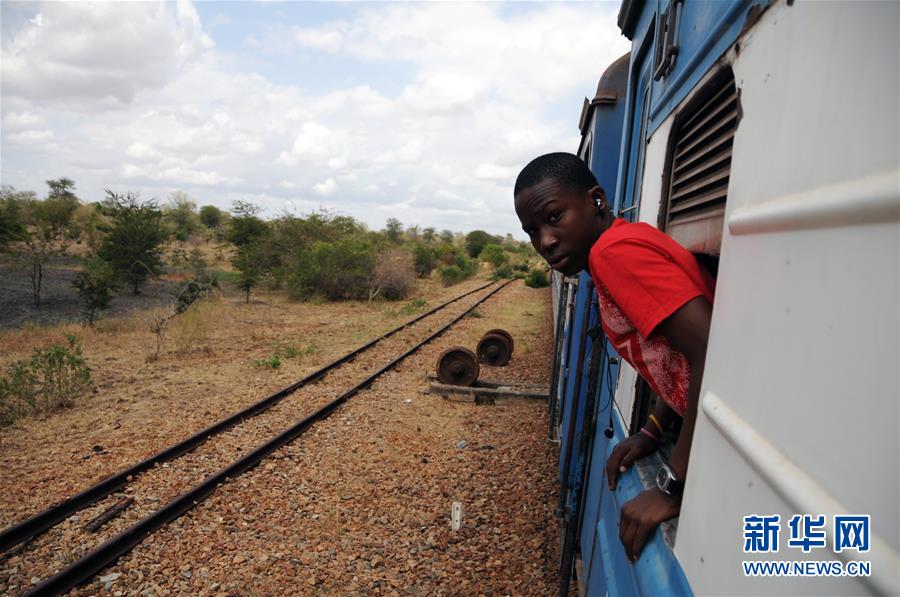Chinese aid helps put African nations on track






Rail line just one of numerous assistance projects
Editor's note: In Footprint, a series of stories recalling important examples of China interacting with the rest of the world, we follow the path the country has taken over the past seven decades.
As the afternoon wore on, the crowd at the railway station in the Tanzanian port city of Dar es Salaam kept swelling. Loudspeakers mounted in the waiting room continued to announce new departure times.
Asha Maimuna, a middle-aged passenger, noted wryly: "Our safe arrival is important, not really the departure time."
She was traveling to Mbeya, a trip of 813 kilometers, to visit her parents. Some roads are impassable, she said, and journeys overland are prone to accidents.
"The Makuba Express train is a necessity for many of us, despite the long delays and sluggish speed," Maimuna said.
The Tanzania-Zambia Railway Authority, or TAZARA, has been a lifeline for landlocked Zambia, creating innumerable job opportunities for the two countries as the line snakes 1,860 km from Dar es Salaam to the copper town of Kapiri Mposhi in Zambia. It is one of China's efforts to aid developing countries.
A white paper-The Right to Development: China's Philosophy, Practice and Contribution-which was released in December 2016, said China had provided some 400 billion yuan (about $56 billion) in development aid to 166 countries and international organizations over the past 60 years.
It has trained more than 12 million personnel from developing countries and sent around 600,000 people to assist in the development in other nations. Of those, 700 have given their lives, the white paper said.
Assistance from China has made a significant contribution to improving the lives of those in the recipient countries.
For the past 43 years, Boniface Zimba has been taking the line operated by the Tanzania-Zambia Railway Authority to visit his family in rural Zambia.
Sometimes, the 79-year-old runs into former workers from the authority, which he left 24 years ago. They always discuss how the China-built railway has boosted the economy and changed their lives.
"We were proud to build it," Zimba said. He left his mining job in 1970 to join 13,500 Chinese technical and engineering personnel and 38,000 Tanzanian and Zambian workers who helped establish the rail authority.
Zimba said the steady job and good pay enabled him and his wife to start a family and provide their eight children with an education.
The authority was funded by China and established between 1970 and 1975, with commercial operations starting in July 1976. It linked Kapiri Mposhi in Zambia to Dar es Salaam on the Tanzanian coast, providing freight and passenger services.
Wang Luo, director of the Institute of International Development Cooperation, responsible to the Chinese Academy of International Trade and Economic Cooperation at the Ministry of Commerce, said, "The railway has been an economic catalyst for eastern and southern African nations and a symbol of the friendship between China and Africa."
Emmanuel Matambo, an analyst at the Center for Africa-China Studies at the University of Johannesburg in South Africa, said, "The Tanzania-Zambia railway line played a seminal role in demonstrating China's solidarity with anti-colonial and anti-apartheid agitation in Africa."
He added that despite not functioning at its best, the line's ideological importance has been so influential that it has dispelled many arguments about China's alleged colonial or harmful designs on Africa.
"The railway authority was thus an altruistic contribution to Africa from a country that wants to be seen as a kindred spirit to the continent. It created the trust that China still enjoys in Africa today," Matambo said.





























